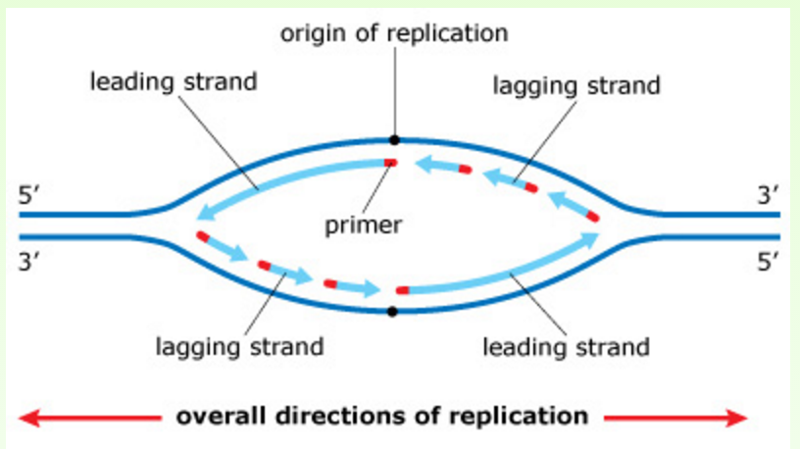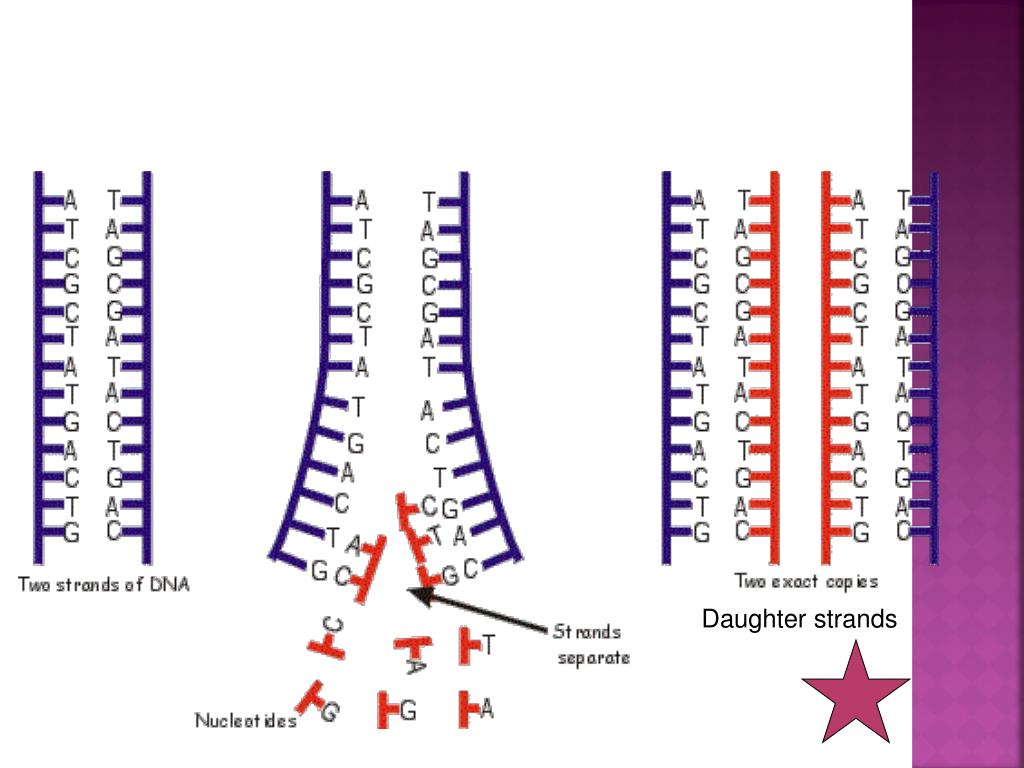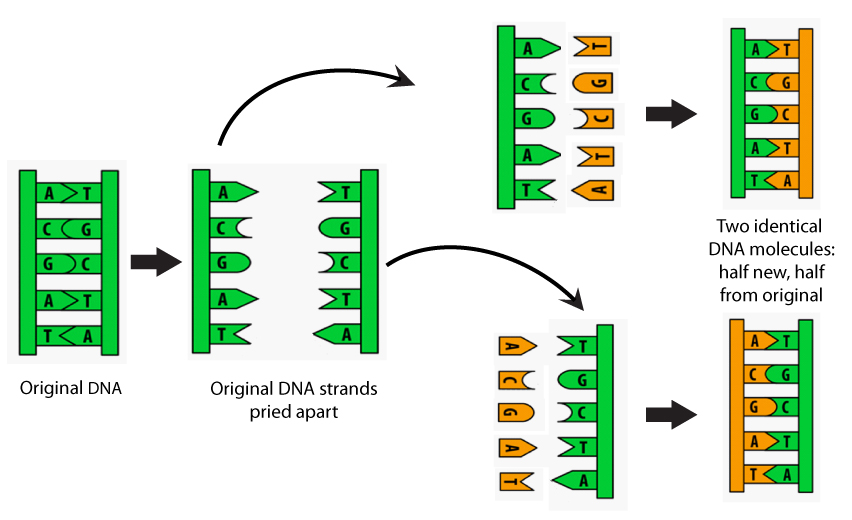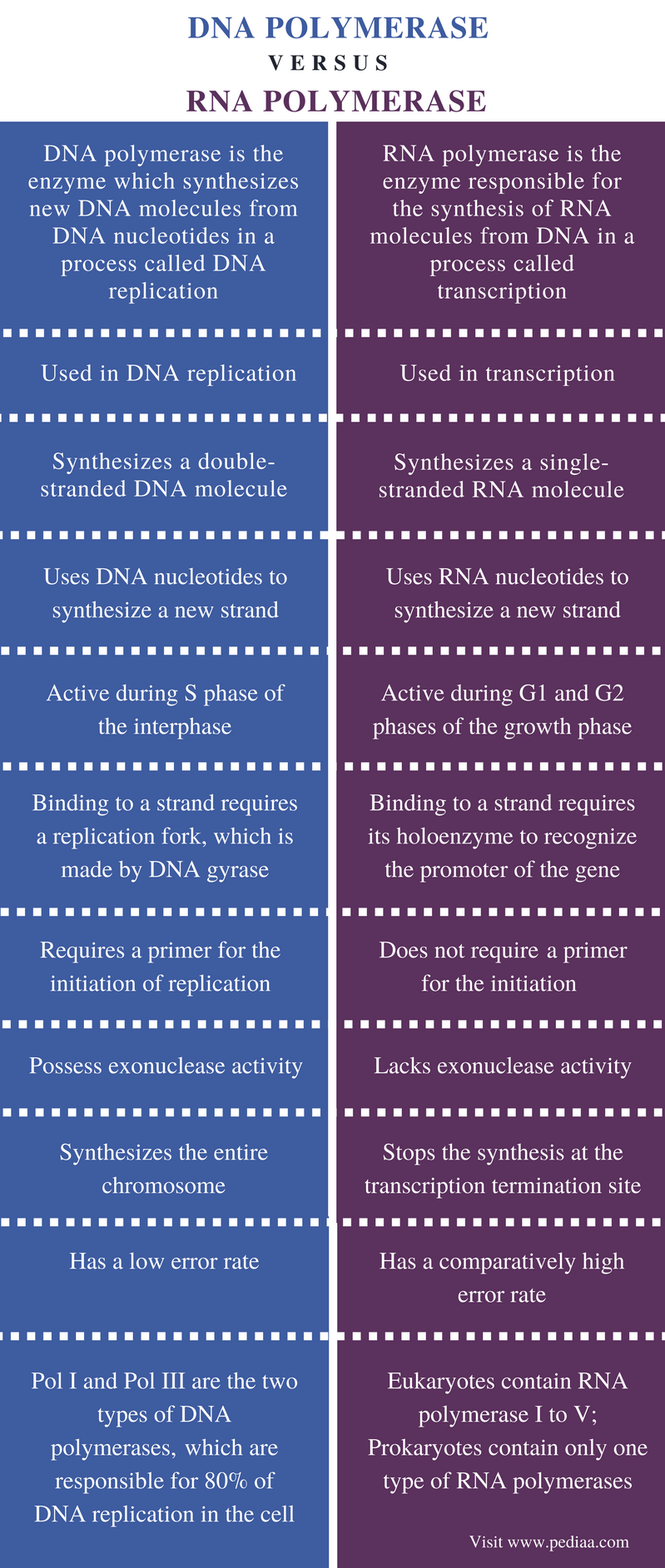Template Strand Definition
Template strand definition - The replication process relies on the fact that each strand of dna can serve as a template for duplication. Dna repair is a collection of cellular responses by which a cell identifies and corrects any damage to the dna molecules that encode its genome. Dna is always polymerised only in the 5′ to 3′ direction. The repair system makes this distinction by identifying the template strand. Radiation, chemical mutagens, heat, enzymatic errors, and spontaneous decay constantly damage dna. The antisense strand then becomes a template for making messenger rna, and the. In transcription, the dna sequence of a gene is transcribed (copied out) to make an rna molecule. Dna replication initiates at specific points, called origins, where the dna double helix. Therefore, in one strand (the template 3‘→5‘) it is continuous, hence called continuous replication while on the other strand (the template 5‘→3‘) it is discontinuous replication. It is to be noted that elongation is unidirectional i.e.
Template definition, a pattern, mold, or the like, usually consisting of a thin plate of wood or metal, serving as a gauge or guide in mechanical work. During protein productions, the two dna strands temporarily separate. In a cell, antisense dna serves as the template for producing messenger rna (mrna), which directs the synthesis of a protein. They occur as fragments called.
Lagging Strand of DNA Definition & Synthesis Video & Lesson
The repair system makes this distinction by identifying the template strand. They occur as fragments called. Dna repair is a collection of cellular responses by which a cell identifies and corrects any damage to the dna molecules that encode its genome.
Translesion DNA Synthesis
Dna replication initiates at specific points, called origins, where the dna double helix. The replication process relies on the fact that each strand of dna can serve as a template for duplication. During protein productions, the two dna strands temporarily separate.
Print Exam 3 Chs. 5 (DNA Structure and Replication Machinery) & 16
Radiation, chemical mutagens, heat, enzymatic errors, and spontaneous decay constantly damage dna. It is to be noted that elongation is unidirectional i.e. Dna replication initiates at specific points, called origins, where the dna double helix.
Models of DNA replication, notes with Definition & diagram/
Radiation, chemical mutagens, heat, enzymatic errors, and spontaneous decay constantly damage dna. Dna is always polymerised only in the 5′ to 3′ direction. Template definition, a pattern, mold, or the like, usually consisting of a thin plate of wood or metal, serving as a gauge or guide in mechanical work.
PPT DNA PowerPoint Presentation, free download ID4688998
The repair system makes this distinction by identifying the template strand. The replication process relies on the fact that each strand of dna can serve as a template for duplication. Dna repair is a collection of cellular responses by which a cell identifies and corrects any damage to the dna molecules that encode its genome.
DNA III Biology Visionlearning
They occur as fragments called. The replication process relies on the fact that each strand of dna can serve as a template for duplication. During protein productions, the two dna strands temporarily separate.
ADN III Biology Visionlearning
Dna is always polymerised only in the 5′ to 3′ direction. In transcription, the dna sequence of a gene is transcribed (copied out) to make an rna molecule. Template definition, a pattern, mold, or the like, usually consisting of a thin plate of wood or metal, serving as a gauge or guide in mechanical work.
Difference Between DNA and RNA Polymerase Definition, Replication
In a cell, antisense dna serves as the template for producing messenger rna (mrna), which directs the synthesis of a protein. The antisense strand then becomes a template for making messenger rna, and the. During protein productions, the two dna strands temporarily separate.
Dna is always polymerised only in the 5′ to 3′ direction. Dna replication initiates at specific points, called origins, where the dna double helix. Therefore, in one strand (the template 3‘→5‘) it is continuous, hence called continuous replication while on the other strand (the template 5‘→3‘) it is discontinuous replication. They occur as fragments called. The replication process relies on the fact that each strand of dna can serve as a template for duplication. The repair system makes this distinction by identifying the template strand. It is to be noted that elongation is unidirectional i.e. Template definition, a pattern, mold, or the like, usually consisting of a thin plate of wood or metal, serving as a gauge or guide in mechanical work. Dna repair is a collection of cellular responses by which a cell identifies and corrects any damage to the dna molecules that encode its genome. In transcription, the dna sequence of a gene is transcribed (copied out) to make an rna molecule.
During protein productions, the two dna strands temporarily separate. The antisense strand then becomes a template for making messenger rna, and the. In a cell, antisense dna serves as the template for producing messenger rna (mrna), which directs the synthesis of a protein. Radiation, chemical mutagens, heat, enzymatic errors, and spontaneous decay constantly damage dna.







